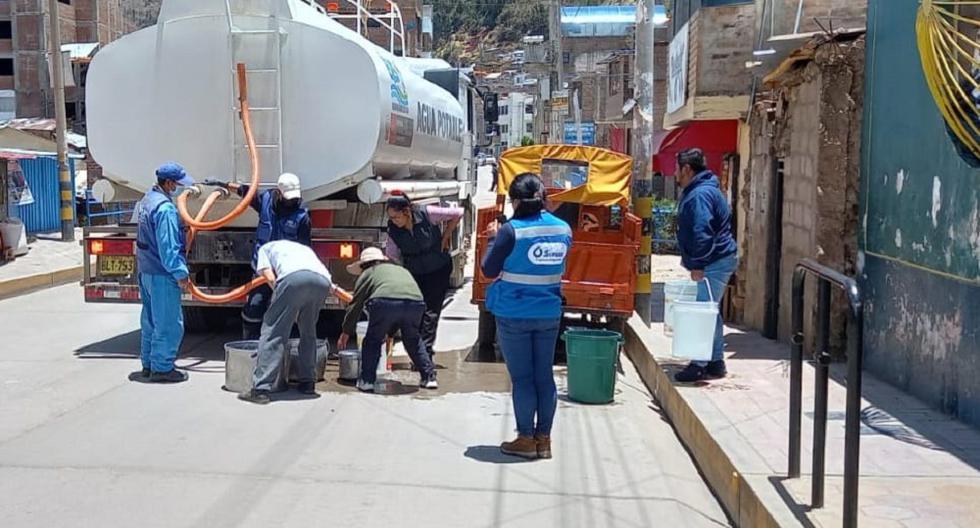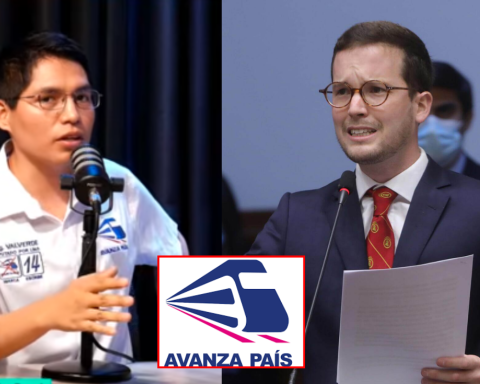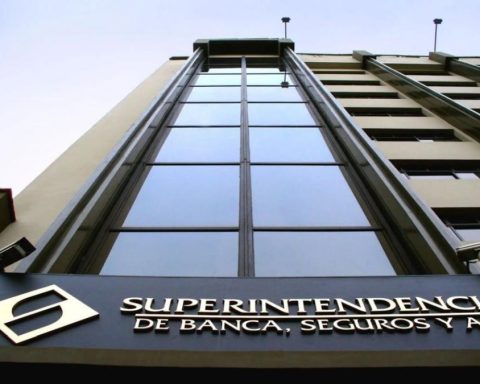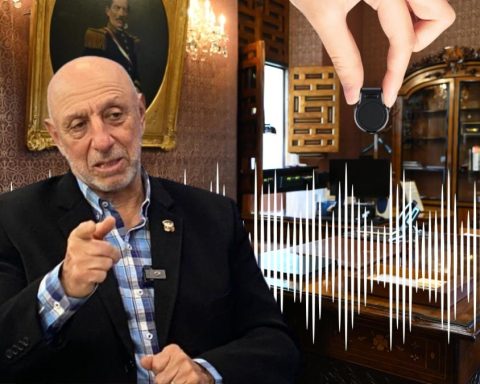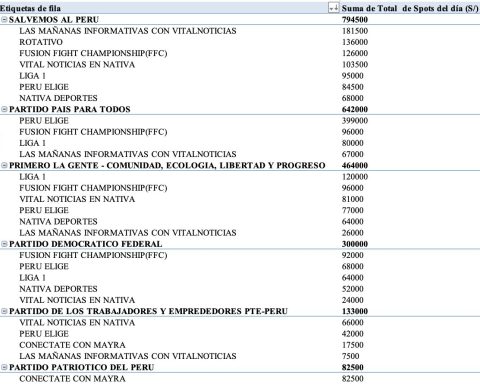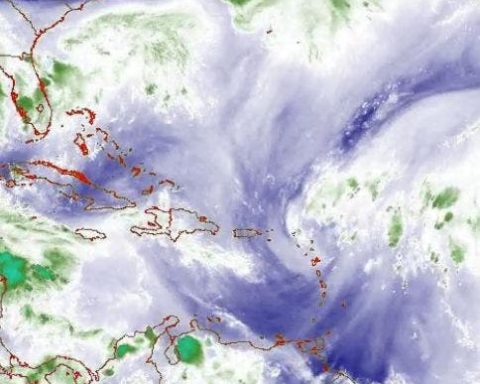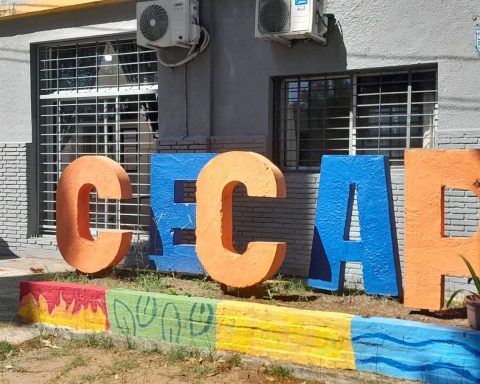By Taxpayers Association
In times of political and economic crisis, while the business sector, civil associations, youth, politicians of various ranks, and even unions, met in CADE 2022 In order to reflect on the situation in Peru and propose proposals to move forward, the president was apparently dedicated to organizing a march that ultimately failed, giving statements against the opposition and continuing to victimize himself.
It seems that the president is not where he should be and is not doing what he should be doing. At this time, it is essential to have solutions to face the precarious situation that exists in public management, the health system, working conditions, political institutions, among others. This, due to the fact that growth expectations plummeted from the beginning of the management of Pedro Castillo.
The foundations to continue investing in the country and continue growing depend on it. Peru is ranked 94th in terms of State efficiency, according to the World Economic Forum, and there are serious public investment problems: in 2021, 40% of the projects executed were created that same year, with an average amount of half a million soles -too small- and many of them were not completed.
For all this, in CADE 2022 Three actions were proposed -among others-: 1) prioritize high-impact works to close gaps in basic services, 2) create ‘triggers’ that allow projects to scale up; in case the municipality cannot carry it out, that it be elevated to a specialized executing unit (UE) at the regional level, and in case it is not resolved at this level either, that it be transferred to a national UE; and 3) apply the best international practices through more effective contract and management models.
Look: Las Bambas: Some 75,000 jobs are affected by lockdowns
Poor public management in the regions has repercussions not only in the lack of access to public services, but is also associated with greater social conflict. By 2022, when analyzing the data from the Regional Public Management Index (IRGP) prepared by Peru Compite, it can be seen that the less management capacity there is a greater number of social conflicts in formal activities. Social conflict discourages private investment and reduces the chances of continuing to reduce poverty. The problem with the dialogue process agreements is that between 2012 and 2019, according to the Ombudsman’s Office, in 87% of these there was no entity that did follow-up.
The utopia of increasing informality
Another of the findings of CADE 2022 It was that while the productivity of the Peruvian worker represents only 40% of that of the Chilean, the regulatory costs in our country are 2.5 times higher than those of the southern brother. What to do about it? In the first place, to simplify labor legislation in the case of micro and small companies, whose productivity is even lower than the large ones, and they are not capable of complying with it.
Likewise, it was suggested that in our country the cost of dismissal is too high, and even since a Constitutional Court ruling in 2001, even paying the corresponding compensation, it was determined that this is not enough and that the worker chooses to be reinstated in his position. of work. The investigation by Jaramillo, Almonacid and de la Flor, in 2017, verified that this generated the multiplication of temporary contracts at the expense of permanent contracts, promoting precariousness, instability and informality, the complete opposite of what the State should promote. Thus, the ‘reform’ produced opposite effects: 900,000 permanent jobs were replaced by temporary ones.
RECOMMENDED VIDEOS
:quality(75)/cdn.jwplayer.com/v2/media/MRDOHcw8/poster.jpg)
